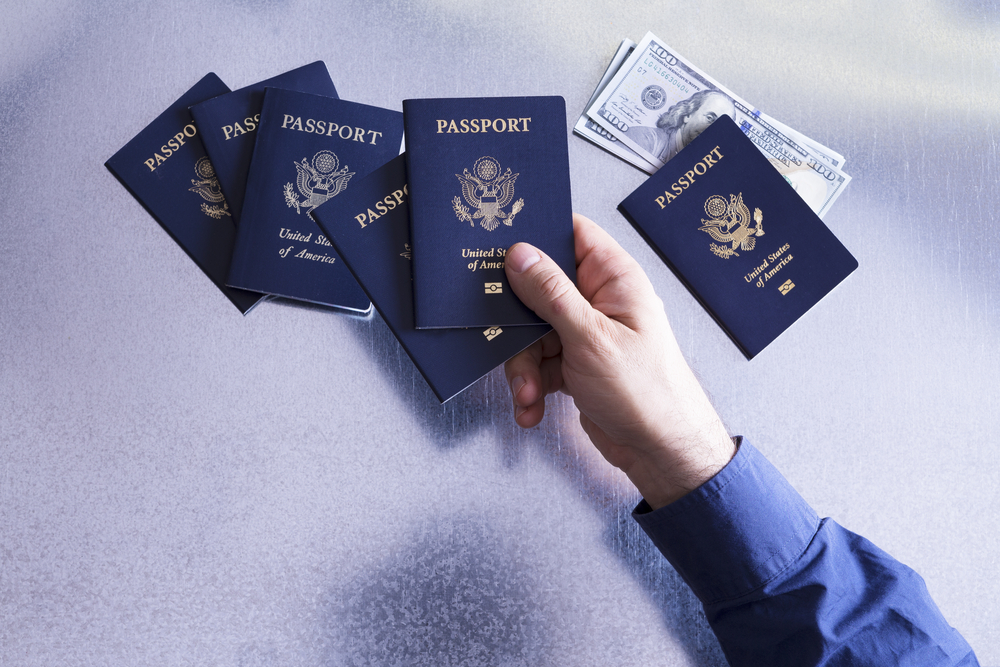
Visa integrity fee: America’s bold new travel tax
How did your country report this? Share your view in the comments.
Diverging Reports Breakdown
Visa integrity fee: America’s bold new travel tax
Trump’s latest immigration policy could reshape international tourism as visitors face mandatory $250 surcharge. Business executives pursuing B-1 visas, tourists seeking B-2 classifications, and skilled workers applying for H-1B status all face identical surcharges. Students, researchers, and temporary workers cannot escape this financial obligation. Industry analysts worry that the additional fees could suppress tourism demand precisely when maximum participation is desired. The timing appears particularly problematic given America’s ambitious hosting schedule. The 2026 FIFA World Cup and America 250 commemoration promise unprecedented international visitor volumes. The implementation timeline remains frustratingly opaque. The absence of clear procedural guidance creates uncertainty for both travelers and immigration practitioners. The reimbursement structure creates an implicit trust exercise between the U.S. government and international visitors. The visa integrity fee represents a fundamental philosophical shift toward user-fee financing of immigration services.
The Trump administration’s sweeping immigration overhaul has introduced an unprecedented financial barrier for international visitors seeking to enter the United States. The newly established visa integrity fee, embedded within the comprehensive One Big Beautiful Bill Act, represents a dramatic shift in how America approaches foreign tourism and business travel.
The Financial Reality
Beginning in fiscal year 2025, every foreign national requiring a nonimmigrant visa will encounter an additional $250 charge that cannot be circumvented or waived. This mandatory assessment operates independently of existing visa processing fees, creating a compound financial burden for travelers worldwide.
The Department of Homeland Security retains discretionary power to elevate this baseline fee beyond the initial $250 threshold. After September 30, 2025, the fee structure will incorporate annual inflation adjustments, ensuring a perpetual upward trajectory in costs.
Impact Across Visa Categories
The sweeping nature of this policy affects multiple traveler classifications simultaneously. Business executives pursuing B-1 visas, tourists seeking B-2 classifications, and skilled workers applying for H-1B status all face identical surcharges. Students, researchers, and temporary workers cannot escape this financial obligation.
Consider the mathematics: An H-1B applicant previously paying $205 in application fees now confronts a combined $455 expense. This represents more than a 120% increase in visa-related costs, fundamentally altering the economics of international talent acquisition.
Administrative Complications
The implementation timeline remains frustratingly opaque. Immigration attorney Steven A. Brown emphasizes that federal regulations must precede fee collection, yet no formal guidance has emerged from relevant agencies. The State Department processes visa applications while Homeland Security oversees the new fee structure, creating potential bureaucratic confusion.
Additionally, the Form I-94 arrival and departure record fee has quadrupled from $6 to $24, compounding the financial burden for international arrivals. These seemingly modest increases accumulate into substantial obstacles for frequent travelers and their employers.
The Reimbursement Gambit
A curious provision allows fee recovery for compliant travelers. Visa holders who maintain legal status, avoid unauthorized employment, and depart within five days of their authorized stay period may reclaim their $250 payment after visa expiration. However, the administrative mechanics of this reimbursement system remain undefined.
This reimbursement structure creates an implicit trust exercise between the U.S. government and international visitors. Travelers must advance payment with uncertain prospects of recovery, effectively providing interest-free loans to federal coffers.
Tourism Industry Concerns
The timing appears particularly problematic given America’s ambitious hosting schedule. The 2026 FIFA World Cup and America 250 commemoration promise unprecedented international visitor volumes. Industry analysts worry that the additional fees could suppress tourism demand precisely when maximum participation is desired.
Brand USA, the nation’s primary tourism marketing organization, faces concurrent budget devastation. Congressional appropriations have plummeted from $100 million to $20 million, following the dismissal of nearly half the organization’s board members. President Fred Dixon acknowledges the challenging environment while expressing cautious optimism about future funding restoration.
Economic Implications
The visa integrity fee represents more than administrative housekeeping; it signals a fundamental philosophical shift toward user-fee financing of immigration services. By requiring visitors to shoulder additional costs, policymakers effectively price out certain demographic segments while generating revenue streams for federal operations.
Small businesses dependent on international partnerships may reconsider expansion strategies when faced with escalating visa expenses. Similarly, academic institutions could encounter difficulties attracting international students and researchers as total education costs increase.
Looking Forward
Implementation details will ultimately determine the policy‘s practical impact. Whether fees are collected at consular offices, through online portals, or via alternative mechanisms remains unclear. The absence of clear procedural guidance creates uncertainty for both travelers and immigration practitioners.
As America navigates between security concerns and economic competitiveness, the visa integrity fee exemplifies the tension between restrictive policies and international engagement. Foreign visitors must now weigh increased costs against their travel objectives, potentially reshaping global mobility patterns.
The broader implications extend beyond individual travel decisions to encompass diplomatic relationships, educational exchanges, and business partnerships that have historically strengthened America’s global position.
Source: https://rollingout.com/2025/07/20/visa-integrity-fee-americas-travel-tax/
